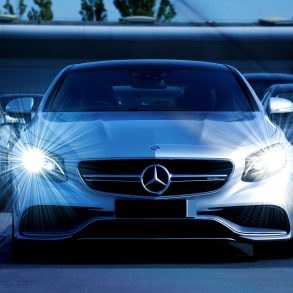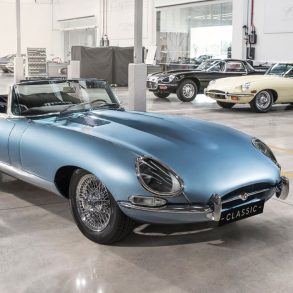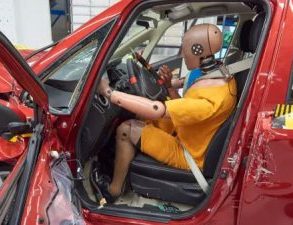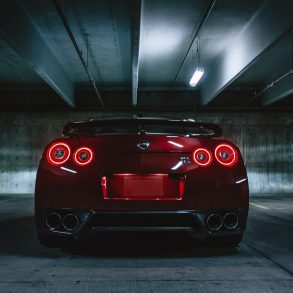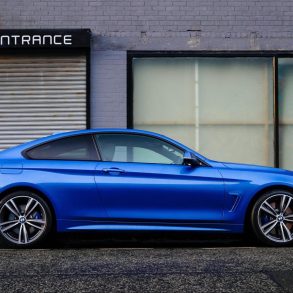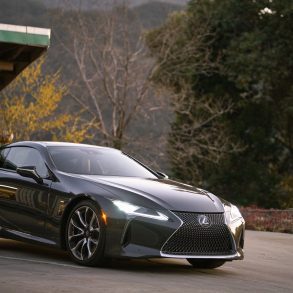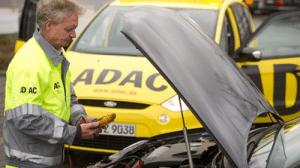
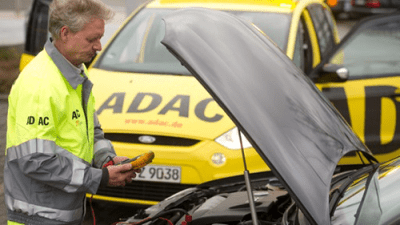 ADAC is in an unfamiliar situation: normally, the German Automobile Club is the one who accuses others of cheating. Either of tachometer manipulation, overcharging or underdelivering for repairs or maintenance, or dubious car buying sites. But the club, which is no longer just a roadside assistance provider, but one of Germany’s largest lobby clubs with almost 19 million members, is now in the spotlight for manipulation the votes at one of their most prestigious awards. The “Gelber Engel”, or Yellow Angel, is an annual award which lets ADAC members choose their favorite vehicle out of all newly introduced or redesigned cars. The automobile club promotes the award by saying “Germany picks its most beloved car”, and calling it “the most important and biggest German automotive award” based on the club’s nearly 19 million members.
ADAC is in an unfamiliar situation: normally, the German Automobile Club is the one who accuses others of cheating. Either of tachometer manipulation, overcharging or underdelivering for repairs or maintenance, or dubious car buying sites. But the club, which is no longer just a roadside assistance provider, but one of Germany’s largest lobby clubs with almost 19 million members, is now in the spotlight for manipulation the votes at one of their most prestigious awards. The “Gelber Engel”, or Yellow Angel, is an annual award which lets ADAC members choose their favorite vehicle out of all newly introduced or redesigned cars. The automobile club promotes the award by saying “Germany picks its most beloved car”, and calling it “the most important and biggest German automotive award” based on the club’s nearly 19 million members.
Not enough votes
Michael Ramstetter, PR manager of the ADAC and Editor-in-chief of the automobile club’s auto magazine Motorwelt, one of Europe’s most widely circulated magazines, founded the “Yellow Angel” more than 10 years ago, banking on the millions of readers and millions of ADAC members to give the award the desired credibility. But as the percentage of members who actually voted was shamefully low for the past couple of years, Ramstetter feared the award would no longer be taken seriously. Apparently, out of those millions of members, only about 76.000 made the effort of voting for their favorite car this year. So he decided to fabricate over 200.000 additional votes, leading to a total of 290.000 votes, and choosing the new generation VW Golf as the “most popular” model. According to the press report the ADAC was about to issue, the Golf had received 34.299 votes. But the German newspaper Süddeutsche Zeitung was able to lay hands on the actual results: a mere 3.409 for the Golf.
A major scandal

 After the newspaper published an article on the findings of their research, the ADAC and Ramstetter first denied any wrongdoing, but soon they saw no other way than for Ramstetter to step down from both his responsibilities. The ADAC then issued a statement that only this year’s results had been manipulated, but again the truth would come out soon, as the public and politicians demanded transparency and commanded the ADAC to lay its cards on the table.
After the newspaper published an article on the findings of their research, the ADAC and Ramstetter first denied any wrongdoing, but soon they saw no other way than for Ramstetter to step down from both his responsibilities. The ADAC then issued a statement that only this year’s results had been manipulated, but again the truth would come out soon, as the public and politicians demanded transparency and commanded the ADAC to lay its cards on the table.
Karl Obermair, CEO of the automobile club, said in a press conference that an internal audit has shown that the number of votes have been artificially increased for years already, but in any case at least in 2013 and 2012. According to the auditors, only the number of votes has been manipulated, and not the ranking of the cars. This fraud, but also the subsequent denial and downplaying of the matter is a major scandal for a club which prides itself on its trustworthiness and consumer advocacy.
Loss of trust
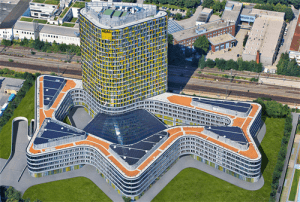
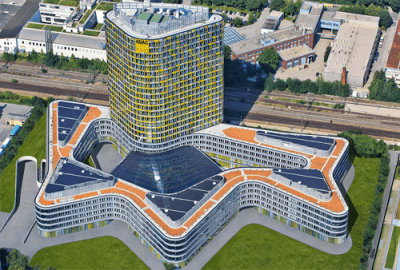 As soon as it became public that the “Yellow Angel”-award was forged, speculations of bribery surfaced, and even though the ranking appears to have been unadulterated, the ADAC will face an increased distrust and a loss of credibility for the other awards the club issues, most importantly for the famous annual reliability study, but also for its tire tests or motorway service station test.
As soon as it became public that the “Yellow Angel”-award was forged, speculations of bribery surfaced, and even though the ranking appears to have been unadulterated, the ADAC will face an increased distrust and a loss of credibility for the other awards the club issues, most importantly for the famous annual reliability study, but also for its tire tests or motorway service station test.
The club also immediately announced that future awards will be counted under supervision of external lawyers, but it may be too little too late, as the arrogance and deceit of the automobile club has got the public and politicians calling shame and disgrace, demanding changes and a more transparent culture in the organization.
Update February 11th 2014: not only has the total number of votes been manipulated, the order of the results was changed as well. Automakers lose confidence in the ADAC and return their awards. The ADAC president steps down as well after other irregularities and scandals. Read more: ADAC awards returned after fraud, president steps down.

